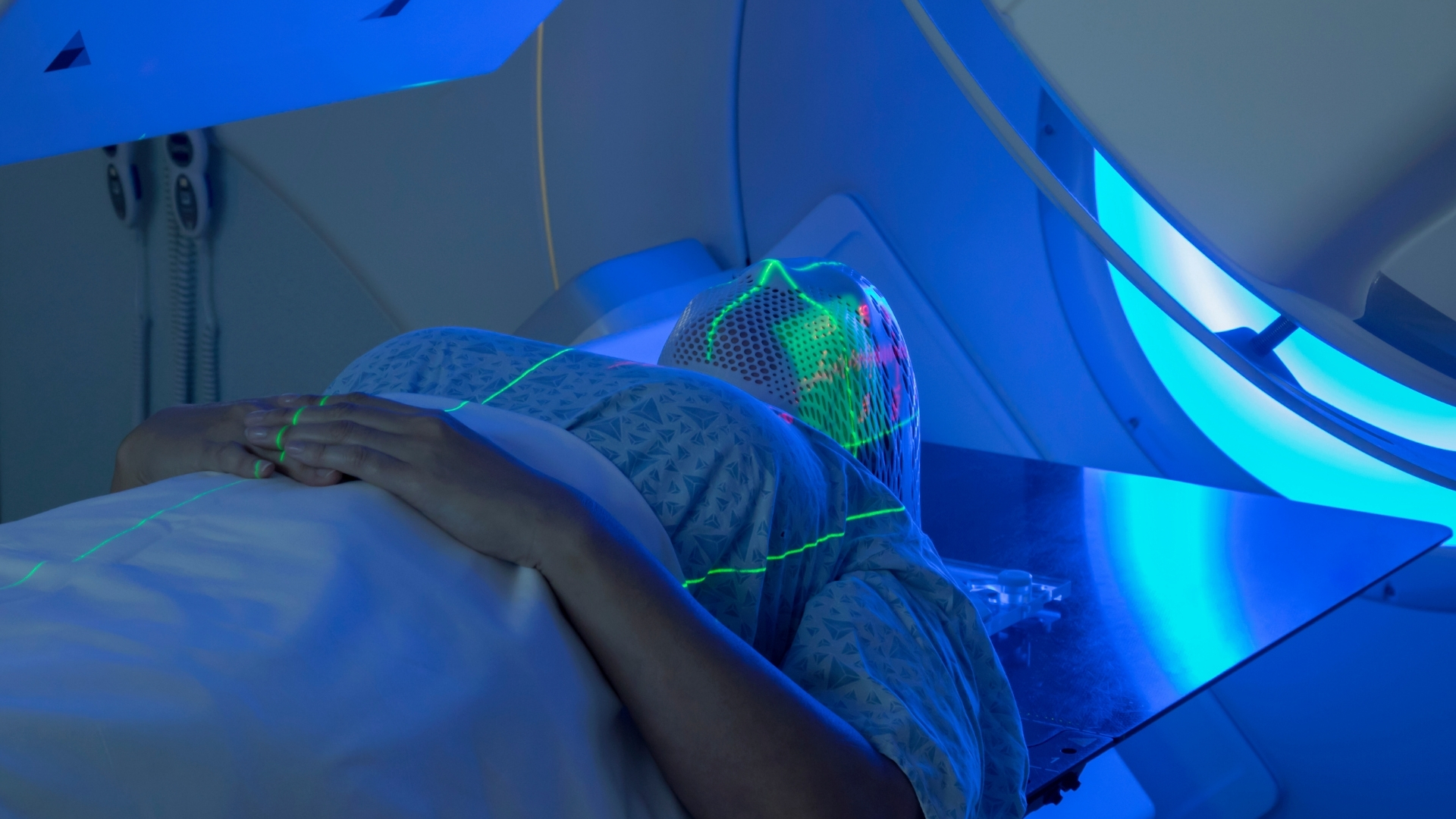“Dr. Goldstein is an excellent and patient physician who explains all of the problems facing the patient with empathy and compassion.”

Understanding Pituitary Tumors – Types of Surgery and What to Expect from Recovery
What are Pituitary Tumors? A pituitary tumor is an unusual growth that develops within the pituitary gland, which is located behind the nose at the base of the brain. Fortunately, most pituitary tumors are benign, meaning they are not cancerous. What are the symptoms of a Pituitary tumor? Not all pituitary tumors will cause symptoms. Most often these tumors are identified during an imaging test such as a CT scan or an MRI. Symptoms are typically caused when the tumor places pressure...
read more
Recovery and Rehabilitation after Craniotomy: What to Expect
A craniotomy is a procedure offered by neurosurgeons to gain access to the brain and involves the removal and subsequent replacement of a portion of the skull. The skull is typically reconstructed with small titanium fasteners that are designed to be secure and cosmetic. In other circumstances, the surgeon may elect to perform a similar procedure called a ‘craniectomy,’ whereby the bone is not replaced and the skull is reconstructed with synthetic materials that are FDA-approved for this purpose. Titanium mesh,...
read more
Recurrent Schwannoma: Management Strategies for Tumor Recurrence
A schwannoma is a rare type of tumor that forms in the body’s nervous system and grows from Schwann cells. Schwannoma tumors are often benign and slow growing, which means that they are not cancerous. But, in some cases, they may become cancerous. Schwann cells assist the conduction of nerve impulses. They wrap around peripheral nerves and provide protection and support. The body’s peripheral nervous system includes nerves that travel from your spinal cord and brain to carry signals to and...
read more
The Silent Struggle: Recognizing the Often-Missed Symptoms of a CSF Leak
Persistent severe headaches can sometimes indicate underlying health issues. If your headache improves when lying down or is accompanied by other symptoms, it may be caused by a cerebrospinal fluid (CSF) leak, or spontaneous intracranial hypotension. At New Jersey Brain and Spine, we are committed to providing compassionate care for patients who face persistent and challenging symptoms, guiding many toward effective treatment and a better quality of life. Your brain and spinal cord are surrounded by a fluid membrane called...
read more
Why a Second Evaluation is Crucial for deciding to get a Spinal Fusion
Considering Spinal Fusion Surgery? Why It’s Crucial for Every Patient to Get A Second Opinion Chronic back pain can be life-altering, affecting everything from your sleep to your ability to work or enjoy the simplest parts of your day. If you’ve been told you may need spinal fusion surgery, you may be feeling a mix of anxiety, hope, and uncertainty. That’s completely normal. Every year, thousands of Americans undergo spinal fusion surgery—but studies suggest on average, 14% of those could...
read more
How the Pipeline Device Works: The Science Behind Flow Diversion
In my two decades as a neurosurgeon, I've witnessed remarkable advances in how we treat complex brain aneurysms. However, few innovations have been as transformative as the pipeline embolization device (PED). This groundbreaking technology has revolutionized the approach to treating some of the most challenging aneurysms, offering hope to patients who previously faced limited or high-risk treatment options and uncertain outcomes. When the PED device received FDA approval in 2011, it marked a pivotal moment in neurosurgery. Suddenly, we could...
read more
Understanding the Role of Endovascular Treatment in Dural AV Fistula Management
When patients receive a diagnosis of dural arteriovenous fistula (DAVF), they often feel overwhelmed by the complexity of their condition and uncertain about what lies ahead. As a New Jersey-based neurosurgeon who specializes in both traditional surgical approaches and cutting-edge endovascular techniques, I want to help you understand this condition and provide you with confidence that modern medicine offers highly effective treatment options that can dramatically improve your quality of life. Having treated hundreds of patients with dural AV fistulas...
read more
Early Detection of Spinal Cord Tumors: Why Timing Matters
As a spine specialist with fellowship training in neuro-oncology, I’ve seen firsthand how subtle symptoms can signal something much more serious — and how early care can change everything. While spinal cord tumors are rare (affecting roughly 1 in 100,000 people each year), they are potentially life-altering, especially when diagnosis is delayed. If you’ve been experiencing persistent back pain, unexplained weakness, or changes in sensation, it’s understandable to hope it’s just a pulled muscle or a pinched nerve. But if...
read more